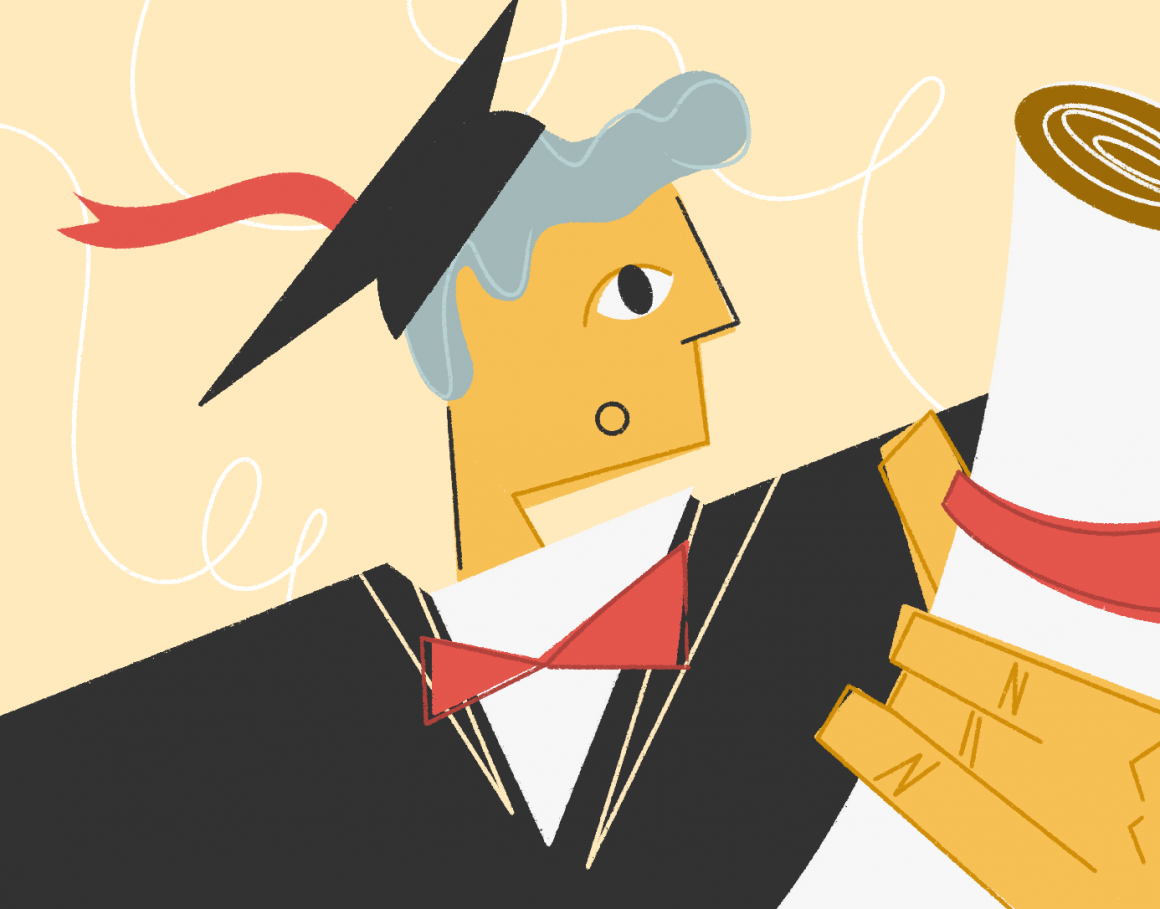
The value of embedded certificates
By Rachneet Randhawa, October 6 2019—
In the fall of 2016, I walked into a random junior university course called Exploring Sustainability. Little did I know, it was the beginning of a quick side journey into a completely new field. An embedded certificate is an extra credential that consists of 18–24 units and can be taken as part of your degree program. Basically, you take six key courses. The best part is that it can easily been woven into your main degree program, replacing your options and/or elective slots with no additional cost. So, instead of taking that random philosophy class to boost your GPA, the certificate might be an alternative choice and give you something more structured. The embedded certificates were introduced a few semesters ago with the sustainability studies certificate as the pioneer. It was followed by a creative writing certificate introduced last year, as well as mental wellbeing and resilience this year. Entrepreneurial thinking is a potential newcomer in the future, likely as part of the University of Calgary’s initiative aiming to become more innovative and progressive.
I think all students should do an add-on certificate to their degree program. Seriously. Do it. Around a year ago, I completed the sustainability studies embedded certificate program. Now in my last year reflecting back on my studies I have to admit, it was the most worthwhile portion of my degree. Why? Simply because it’s high quality and simple. The certificate goes more in depth than most minors by drawing out core concepts while using applied and collaborative learning. I received more satisfaction from the sustainability certificate than my minor in economics. It was far more beneficial in my everyday interactions with others as well. The embedded certificates are unique in that they are focused, applied and interdisciplinary. A minor is handy, but it’s basically a condensed version of a major and, for the most part, misses key elements to understand the whole picture. There is not a lot of filler content with certificates for something that provides such great value. It is also applied in the sense that you interact with your peers more compared to traditional university lectures and based on group work and experiential learning. At least in my case, we did everything from meeting sustainability guest speakers from nonprofits, NGOS and industry, to participating in a Mimicry design challenge and helping to propose policy for the City of Calgary’s office of sustainability. Students also had a chance to explore their own interest in the final capstone class. Again, this was not your typical college lecture experience where you snooze and cram for your midterm exam. It is very self-initiated, which is awesome if you’re into launching projects. Personally, I think that it will benefit you in the long run if you ever want to start an initiative of your own. The best part is that it’s interdisciplinary — you will meet students from many different backgrounds that will be sure to expand your horizons. For instance, I would never have imagined working with engineering students in my second class, designing a sustainable floatable bed frame for flash floods based on plants and animals. I also would have never considered the impact of lifestyles such as veganism or community gardening. This short but sweet side step into the realm of sustainability catapulted me into attending an awesome scholars program and admitted me into a ventures program based on sustainable new businesses. Never underestimate the impact of being open to the possibilities, even if it means taking a few extra courses.
I hope that UCalgary puts forth more experiential learning — something technical schools have been doing for years. Because we don’t offer practicums or work experiences for many degree programs, this embedded certificate serves as a best-of-both-worlds mix of academia and applied learning.
This article is part of our Opinions section and does not necessarily reflect the views of the Gauntlet‘s editorial board.
